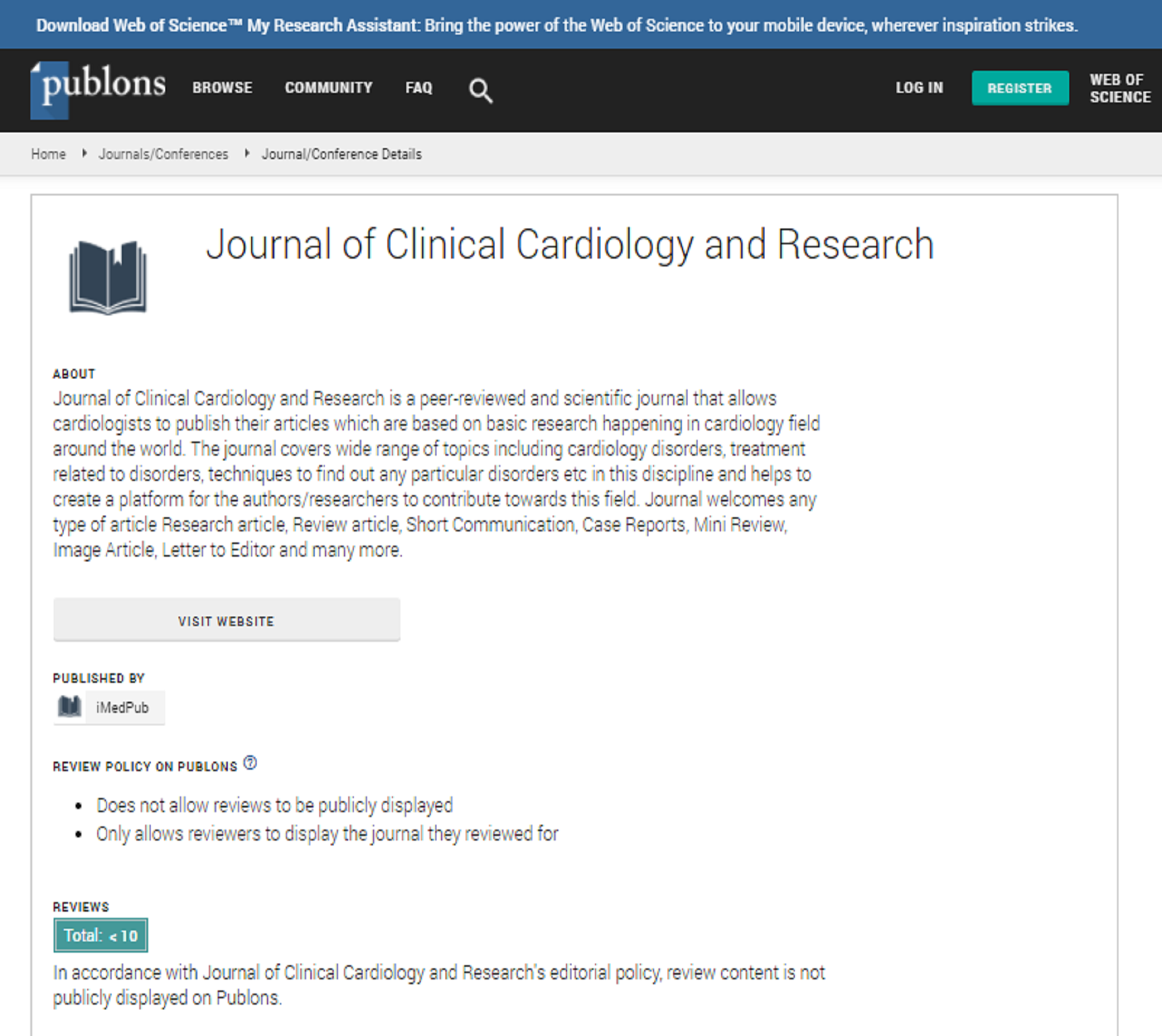Gut microbiota dependent Trimethylamine N-oxide biosynthesis, a universal metabolic pathway, contributes to cardiometabolic disease
International Conference on Heart and Cardiovascular Diseases
July 21, 2021 | WEBINAR
Zeneng Wang
Lerner Research Institute, USA
Keynote: J Clin Cardiol Res
Abstract
Gut microbes can metabolize nutrient with structural formula containing trimethylamine (TMA) moiety, such as, phosphatidylcholine, choline, carnitine and γ-butyrobetaine in diet, to produce TMA and TMA is further oxidized as trimethylamine N-oxide (TMAO) catalyzed by host hepatic Flavin monooxygenases (FMOs). The TMAO metaorganismal pathway is a universal metabolic pathway, contributing to cardiometabolic disease. TMAO shows multiple pro-atherogenic properties including activating NF-κB, MAPK signaling, NLRP3 inflammasome and PERK pathway, leading to atherosclerosis, thrombosis, heart hypertrophy, chronic kidney disease, fatty liver disease and obesity even gallstone formation. TMAO can independently predict future risk for major adverse cardiac events (non-fatal myocardial infarction, stroke and death). Targeting this metabolic pathway by limiting TMA precursor enriched diet consumption, administration of prebiotic or probiotic to decrease the bacterium abundance which encodes enzymes involved in the conversion of TMA precursors to TMA or inhibitors to TMA lyase and FMOs, can decrease circulating TMAO, therefore ameliorating cardiometabolic disease.
Biography
Zeneng Wang is working in Department of Cardiovascular and Metabolic Sciences, Lerner at Research Institute, Cleveland Clinic, Cleveland, Ohio, USA. He is also working as an Assistant Professor in Case Western Reserve University, USA
Google Scholar citation report
Journal of Clinical Cardiology and Research peer review process verified at publons
Abstracted/Indexed in
- Google Scholar
- Publons
Open Access Journals
- Aquaculture & Veterinary Science
- Chemistry & Chemical Sciences
- Clinical Sciences
- Engineering
- General Science
- Genetics & Molecular Biology
- Health Care & Nursing
- Immunology & Microbiology
- Materials Science
- Mathematics & Physics
- Medical Sciences
- Neurology & Psychiatry
- Oncology & Cancer Science
- Pharmaceutical Sciences

